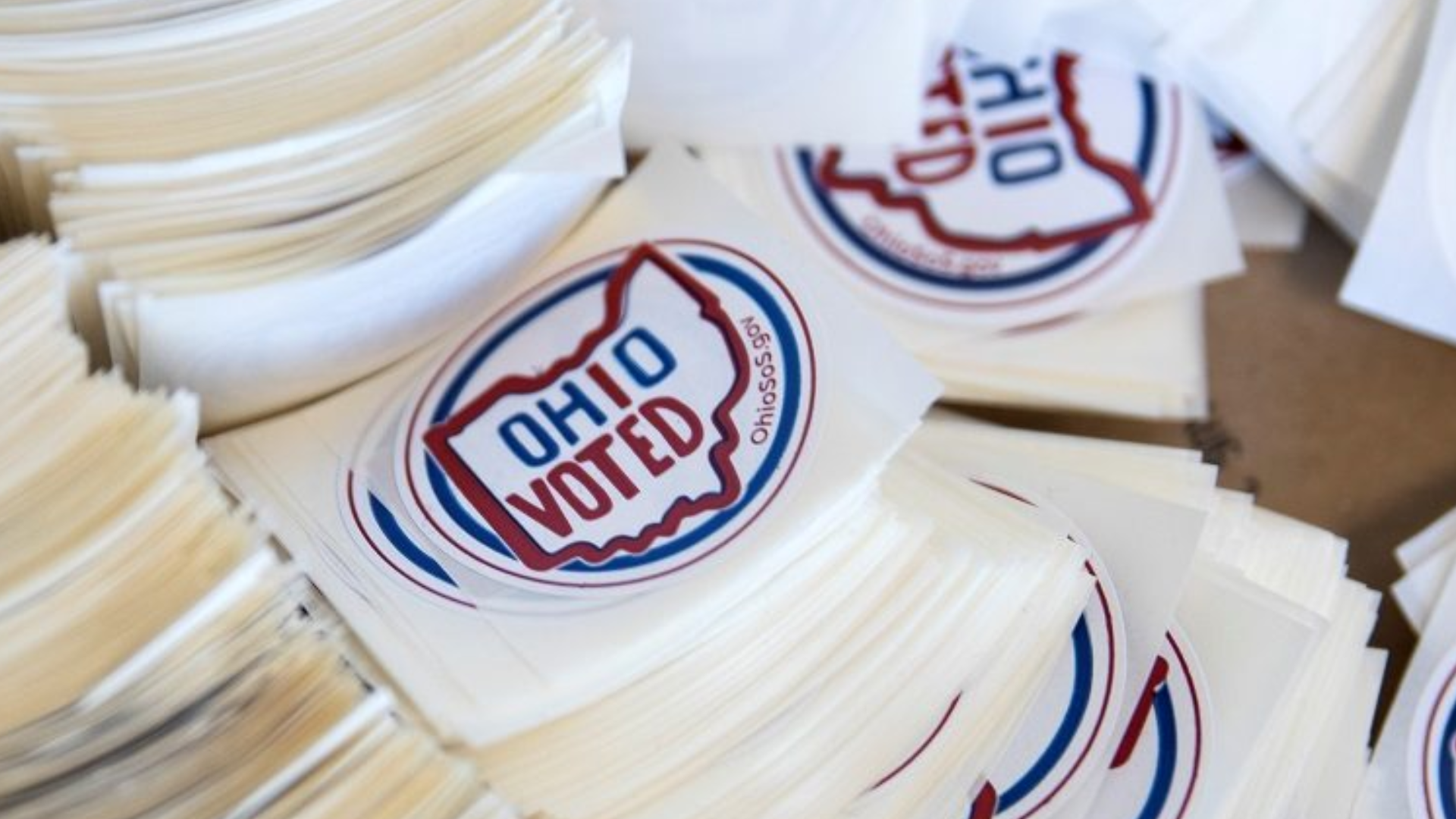Tucked away into the HEROES Act is a relatively underreported but critically important Medicaid provision which could help citizens returning to society after incarceration connect to critical medical supports. It can also alleviate the financial burden of Ohio’s local government spending on corrections-based medical care. The Reentry Act, found in section 30110 of the HEROES Act would, for the first time, provide Medicaid coverage for beneficiaries who are incarcerated during the 30 days immediately before they are released. If passed, this provision would go a long way to address racial equity for those involved with the justice system, by reducing costs for local jurisdictions and improving Ohio’s recidivism rates.
This provision would go a long way to address racial equity for those involved with the justice system.
Over the last few months, cases of COVID-19 have skyrocketed in prisons and jails across the United States, accounting for more than 50,000 cases, nationwide. Ohio knows this trend all too well, and is even subject to prisoner-led legal action, with outbreaks at Marion, Elkton and Pickaway Correctional Institutions, facilities which are currently overcrowded and understaffed. Marion, despite being built for 1,500 inmates, had more than 2,000 positive cases. Elkton only had half of the staff it needed according to state medical experts and Pickaway has seen 36 inmates die from the virus. Physical distancing is difficult to achieve due to the design of these facilities around communal, shared spaces, including lavatories and medical facilities. The exposure risk is borne by inmates and staff, alike. This is a particular problem for medical staff in Ohio correctional facilities who have recently made claims of shortages of personal protective equipment. This is why many governors, including Ohio’s Mike DeWine, have identified older, more susceptible inmates for release.
Overcrowding, too, is driven by a fragmented delivery system wherein deinstitutionalization and the criminalization of behavioral health disorders have made correctional settings the de facto behavioral health system for many. Indeed, federal policy regarding drugs and drug use, specifically, had a negative impact on Black Americans. As an example, in 2011 Blacks were incarcerated at a rate five to seven times that of white Americans.
Providing access to coverage before release is a proven policy which Ohio Medicaid already supports
Providing access to coverage before release is a proven policy which Ohio Medicaid already supports. Starting in 2014, the Ohio Department of Rehabilitation and Corrections (ODRC) and the Ohio Department of Medicaid (ODM) began to develop plans for Ohio’s Medicaid Pre-Release Enrollment Program (MPRE), with the goal of connecting incarcerated individuals with Medicaid managed care coverage upon release from state prison. Over the next two years, MPRE rolled out in all 28 ODRC facilities throughout the state, becoming fully operational in all facilities in March 2017. In a 2018 evaluation of MPRE, the following data described the benefit of linking people to coverage before release:
- 29.1 percent of enrollees had seven or more days of incapacity due to a mental health condition in the 30 days before release
- 29.3 percent of enrollees received substance abuse treatment upon release
- 87.6 percent of this group stated having Medicaid made it easier to access treatment
- 89.9 percent of enrollees who worked after release stated Medicaid helped them maintain their jobs while 63.3 percent who were unemployed stated having Medicaid made it easier to look for work
- 93.8 percent of enrollees in the pre-release program said that Medicaid was beneficial to their physical health
- 84.6 percent of enrollees said Medicaid coverage was beneficial to their mental health
- Medicaid made it easier to pay for food (71.3 percent), pay rent (65.3 percent) and pay off debt (70.7 percent)
- 66.6 percent of enrollees said having Medicaid made it less likely that they would return to prison or jailAnd while the benefits of linking coverage and reducing recidivism are clear, the current MPRE program only applies to Ohio State Correctional Institutions, not county jails, municipal jails or federal facilities in which Ohio has one. The MPRE program also does not include health coverage during the final 30 days of incarceration as the Reentry Act would.
Currently, Medicaid has a longstanding inmate exclusion provision inhibiting the ability of Medicaid providers to treat and care for the justice-involved while they are incarcerated. This means local counties and municipalities, and their juvenile and adult facilities, have to finance those medical needs directly. Not only does this create an enormous expense for local governments, which are also facing revenue shortfalls due to COVID-19, but it also creates significant continuity issues for individuals with behavioral health needs who may need services upon release.
The Reentry Act will help enable prompt identification of new COVID-19 cases, facilitate treatment, and support potentially lifesaving preventive measures.
The Reentry Act provision in the HEROES legislation provides critical resources at a time when state and local governments need it most. First, providing coverage in advance of release goes a long way to ensure a continuum of care, while offering fiscal relief to strained state and local government budgets. Second, this connection to coverage is a proven tool to unwind the decades-long history of policies criminalizing behavioral health and disproportionately harming Black Americans. Last, with specific resources to address the COVID-19 testing and treatment needs of the justice-involved, the Reentry Act will help enable prompt identification of new COVID-19 cases, facilitate treatment, and support potentially lifesaving preventive measures.








